Last week, Turkey and Syria were hit by devastating earthquakes, leaving behind a trail of destruction and loss. Healthcare professionals are left facing many obstacles, including limited resources, harsh weather conditions, and risking their safety. Despite these hurdles, first responders and the people of the community have banded together to help those affected.
In this article, we honor the courageous and self-sacrificing people who answered the call during this devasting disaster.

Turkey-Syria Earthquake Incident Overview
On February 6, 2023, a magnitude 7.8 earthquake hit Turkey and Syria. Nine hours later, a second quake followed at a magnitude of 7.5. With over 10,000 people reported dead and thousands more injured, the earthquake is one of the deadliest to strike the region in over a decade.
Millions of displaced Syrians live in precarious conditions, including unstable government housing and makeshift camps. Weak building structures are prevalent, thus making the situation worse and further exacerbating the risk of harm.
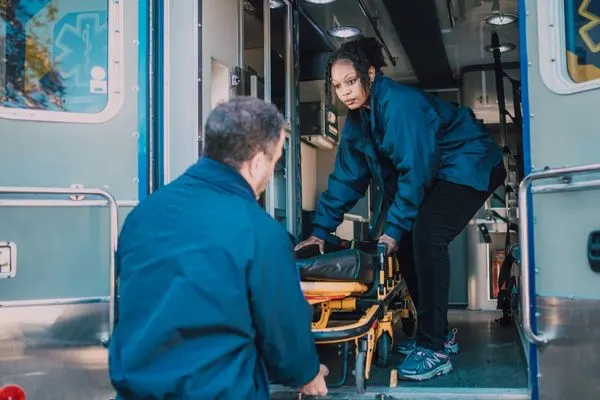
In the aftermath of the earthquake, nurses play a crucial role in providing medical help and care to those affected by the disaster. Hospitals and clinics are overflowing with injured patients, with nurses often working in challenging and dangerous conditions.
Given the severity of the earthquake’s impact, people around the world are looking for ways to help the victims and their families. In particular, nurses seek opportunities to volunteer their time and expertise to provide aid and support.
Read Our Story On: Turkey Earthquake: Video Captures Nurses Protecting Newborns
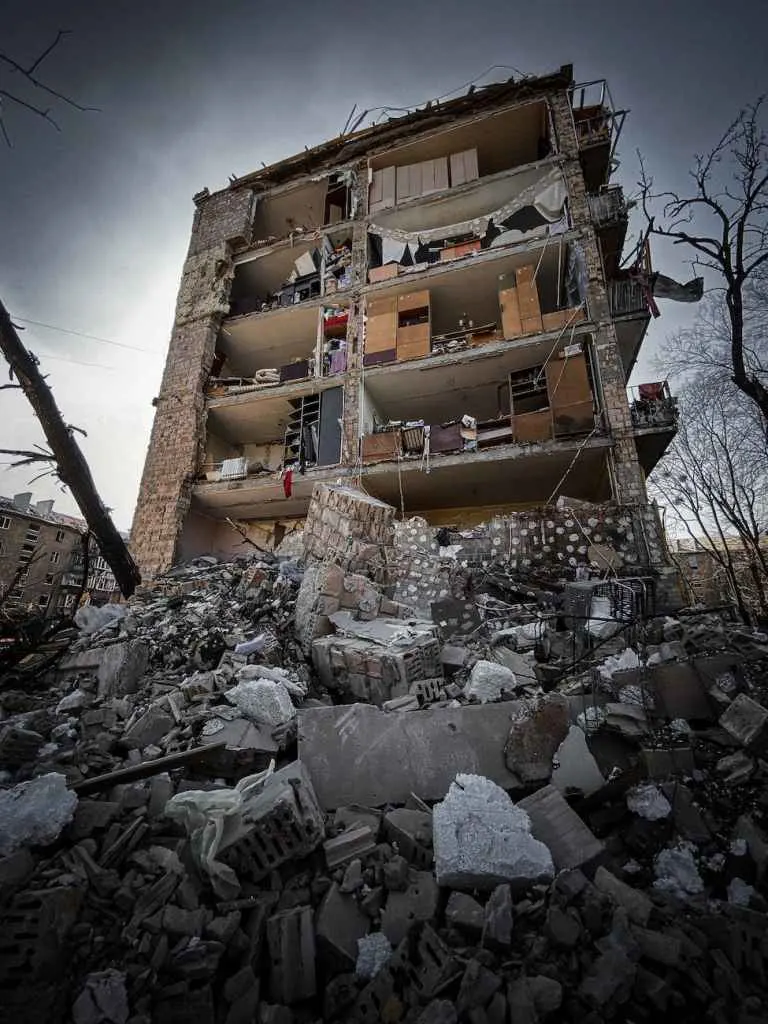
ICN’s Support And Recognition
In response to the crisis, the International Council of Nurses (ICN) has offered its support and deepest sympathies to nursing associations in the affected countries. The head of the ICN, Howard Catton, has praised the “courage and dedication” of nurses and other healthcare workers who have been working nonstop since the quake.
In an interview with Nursing Times, Mr. Catton highlighted the significant challenges faced by nurses responding to the crisis. The earthquakes have impacted many health facilities, leaving staff including nurses with limited resources to care for patients.
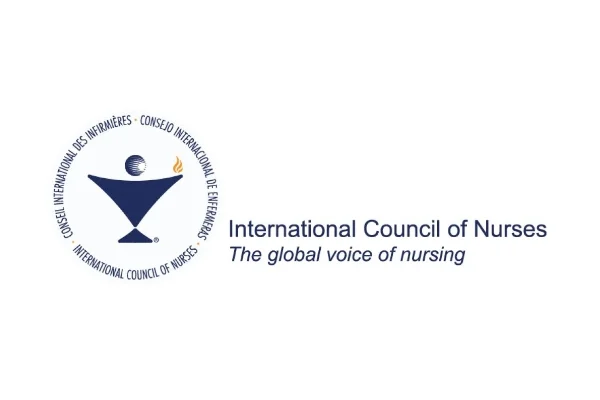
Besides dealing with patients trapped or injured in the quake, nurses also face severe weather conditions affecting air quality. These conditions put patients at risk of hypothermia.
Nurses responding to the crisis are also likely to be dealing with the tragedy’s psychological and mental health impact on their patients and themselves. The catastrophe has likely taken away relatives and companions of our local nurses and healthcare workers, making it a deeply personal ordeal for them.
Despite these challenges, Mr. Catton emphasizes that nurses are going above and beyond in their efforts to save lives and attend to people’s medical requirements.
Mr. Catton commends the devotion of nurses shown while providing aid in affected areas. Also, he recognizes the immense personal sacrifice these healthcare professionals make to support their community.
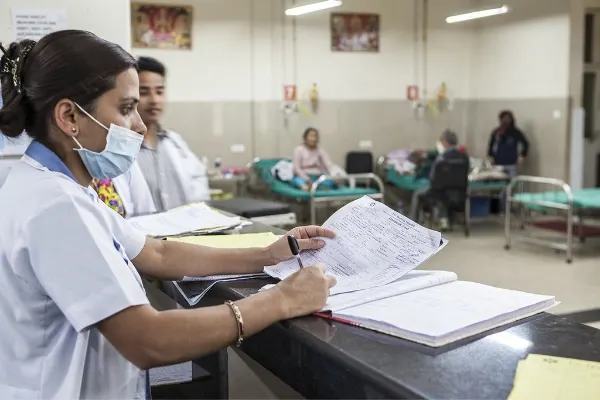
Help With Earthquake Relief
A number of countries and organizations have extended their support to aid the search and rescue operations in the southeastern region of Turkey and the northwestern area of Syria.
The Red Cross has delivered enough surgical supplies to treat 100 people at a public hospital in Aleppo, Syria. Additionally, more medical equipment is en route to Aleppo, Latakia, and Tartous. The organization is also providing canned food, blankets, mattresses, and other necessities to be distributed in various shelters being established in impacted regions.
On the other hand, the Romanian Health Ministry seeks doctors and nurses willing to assist earthquake victims. They offer opportunities to conduct evacuations, administer first aid, manage field kitchens, and trace contacts.
Also, President Joe Biden stated in a statement that his administration has been in close collaboration with Turkey.
As part of their support, the US is dispatching two teams of search-and-rescue professionals from fire departments to support Turkish authorities. This aid encompasses the involvement of almost 100 Los Angeles County firefighters and structural engineers, in addition to six expertly trained canines to assist with rescue operations.

All Hands On Deck
Charities, businesses, and volunteers worldwide are leveraging social media, cryptocurrency, and open-source technology to support the relief efforts following the tragic incident.
The coordination of the Turkey-Syria earthquake response is being facilitated through social media, while VPNs are playing a critical role in circumventing Twitter restrictions. Additionally, open-source websites have been created to serve as a hub of information and rescue heatmap.
Those interested in volunteering should know the risks involved, including safety in the area and housing.
Nurses unable to travel to the region can contribute by donating to disaster relief organizations. Several organizations, such as Action Against Hunger, the American Red Cross International Services, and Doctors Without Borders, are already on the ground, providing essential assistance to earthquake victims.
Donations to these organizations can provide critical healthcare services, training, and supplies. They can also help distribute mobility aids like wheelchairs, canes, or walkers and offer inclusive responses to those who need them.

Other organizations are also accepting donations to support those impacted by the earthquake. These include:
- CARE International
- International Blue Crescent Relief and Development Foundation
- International Medical Corps
- Mercy Corps
- Save the Children
- Syrian American Medical Society
- Turkish Red Crescent
- International Rescue Committee
- UNICEF
- Union of Medical Care and Relief Organizations
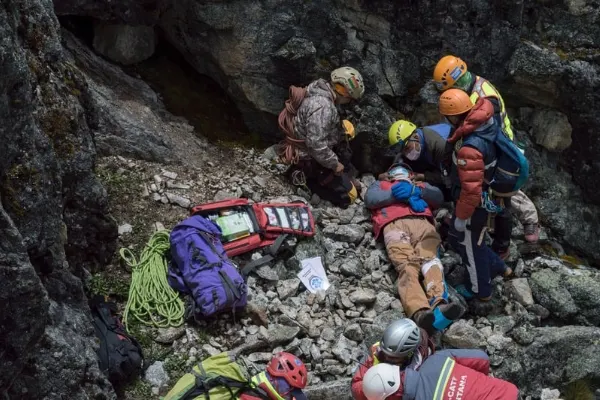
Takeaway
This catastrophic event in Turkey and Syria serves to bring light to the sheer power of natural disasters, as well as their capability for inflicting tremendous pain and destruction. Amidst limited resources and risk, first responders rose up to the task of providing medical aid, solace, and consolation to those affected communities. By investing in disaster planning and response we can create an even stronger defense against future calamities.